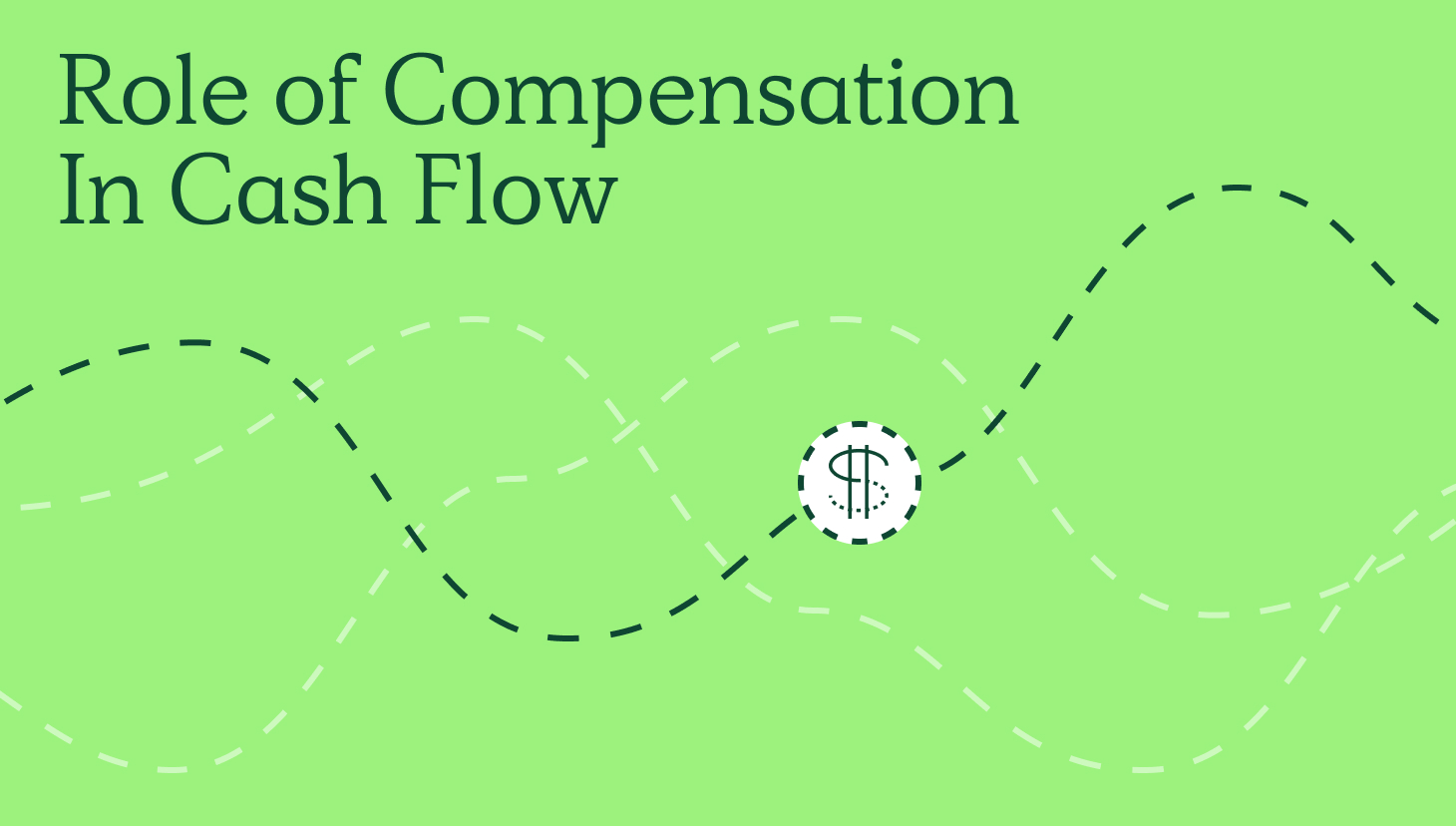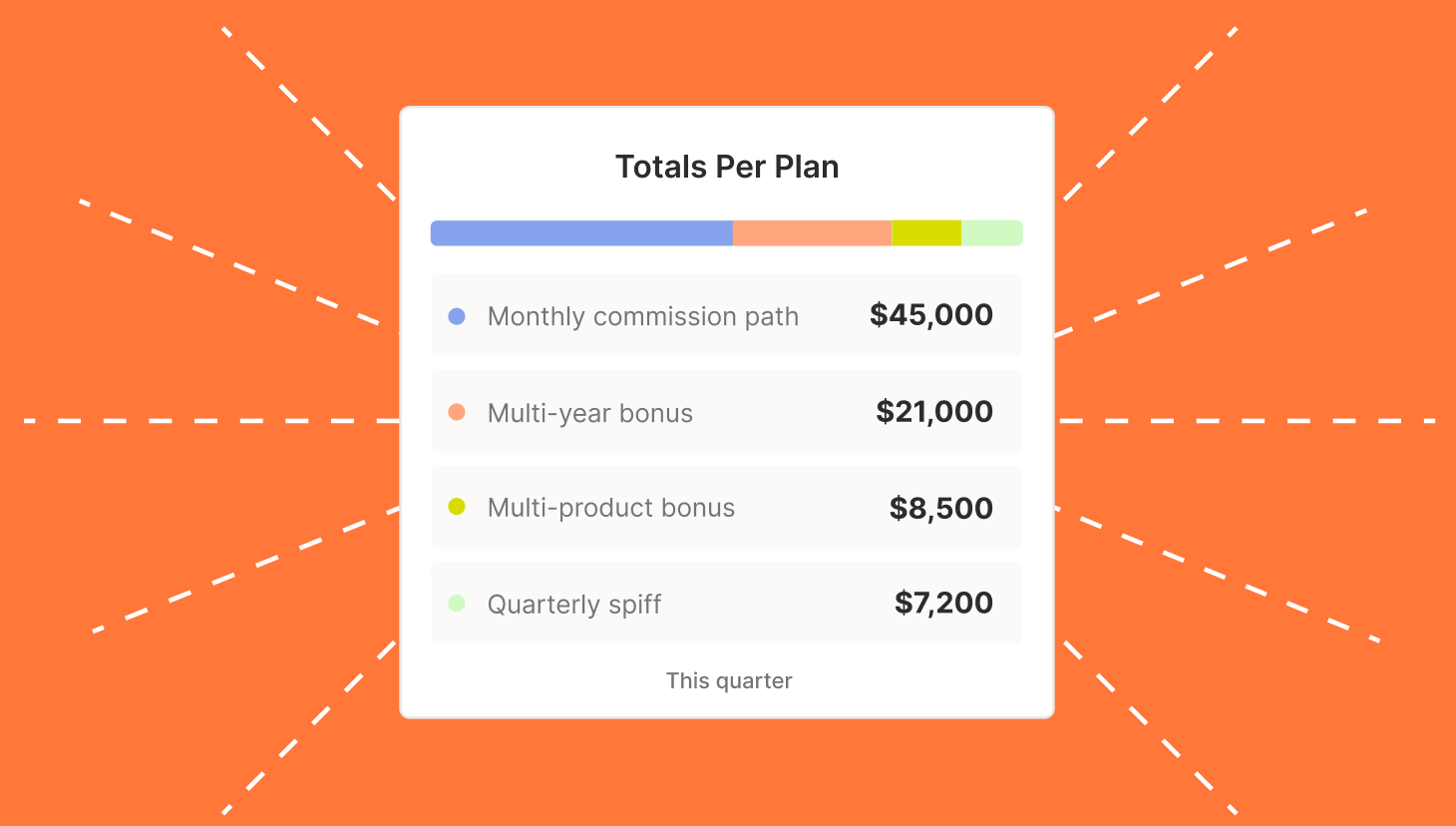At QuotaPath we’re always educating salespeople and sales leaders about different sales commission structures and when to use them. This is the beginning of a series describing the different types of sales commission plans. We’ll cover examples of different comp plan components and the pros/cons of each. Let’s start with a simple single rate sales commission.
Create Compensation Plans with confidence
RevOps, sales leaders, and finance teams use our free tool to ensure reps’ on-target earnings and quotas line up with industry standards. Customize plans with accelerators, bonuses, and more, by adjusting 9 variables.
Build a Comp PlanWhat you need to know about single rate sales commission
The definition of “commission” is a percentage of a currency number that is paid to a salesperson. Exactly when sales commission payments are made varies by organization. Generally, salespeople earn commissions on a revenue number once a contract is signed. The number can be based on contract value, annual recurring revenue, or monthly recurring revenue.
We call the most basic form of sales commission “Single Rate Commissions”. Sometimes they are also called Flat Rate Commissions, Fixed Rate Commissions, or even just Commissions. All these terms mean you earn a set, single percentage off the deals you close.
Examples of single rate sales commission plans
An Account Executive has a monthly quota of $33,000 and earns a 10% commission of every deal they close. That commission rate is derived from the quota and On-Target Earnings (OTE).
A Sales Development Representative has a quarterly quota of $250,000 of qualified revenue and earns a 2% commission of every deal they set that hits the Qualified stage.
A Sales Manager has a monthly team quota of $300,000 and earns 3.33% commission of every deal someone on their team closes.
Pros of single rate sales commission plans
Simple to calculate. If your commission rate is a nice round number (say, 10%), it’s easy to calculate in your head. If it’s slightly more complex (6.275%) it’s still simple, but you might reach for a calculator.
Easy to understand. Salespeople will know how much they earn when they close deals. Because it’s such a simple calculation, there will never be a question between your reps and your operations team as to how much has been earned.
Cons of single rate sales commission plans
Fails to reward overperformance. Because the reps are paid the same percentage if they hit 30% of quota or 300% of quota it doesn’t incentivize overperformance like other structures might.
It doesn’t punish underperformance. Similarly, because underperforming reps know they earn the same commission rate even if they fall well short of their quota. The incentives to get into a higher sales commission rate are lacking.
QuotaPath handles 90% of comp plans, so whether your company has a single rate sales commission plan or something else, we’ve got you covered. Beyond the known benefits of sales commission tracking software, QuotaPath is free and easy to try out for your team.



